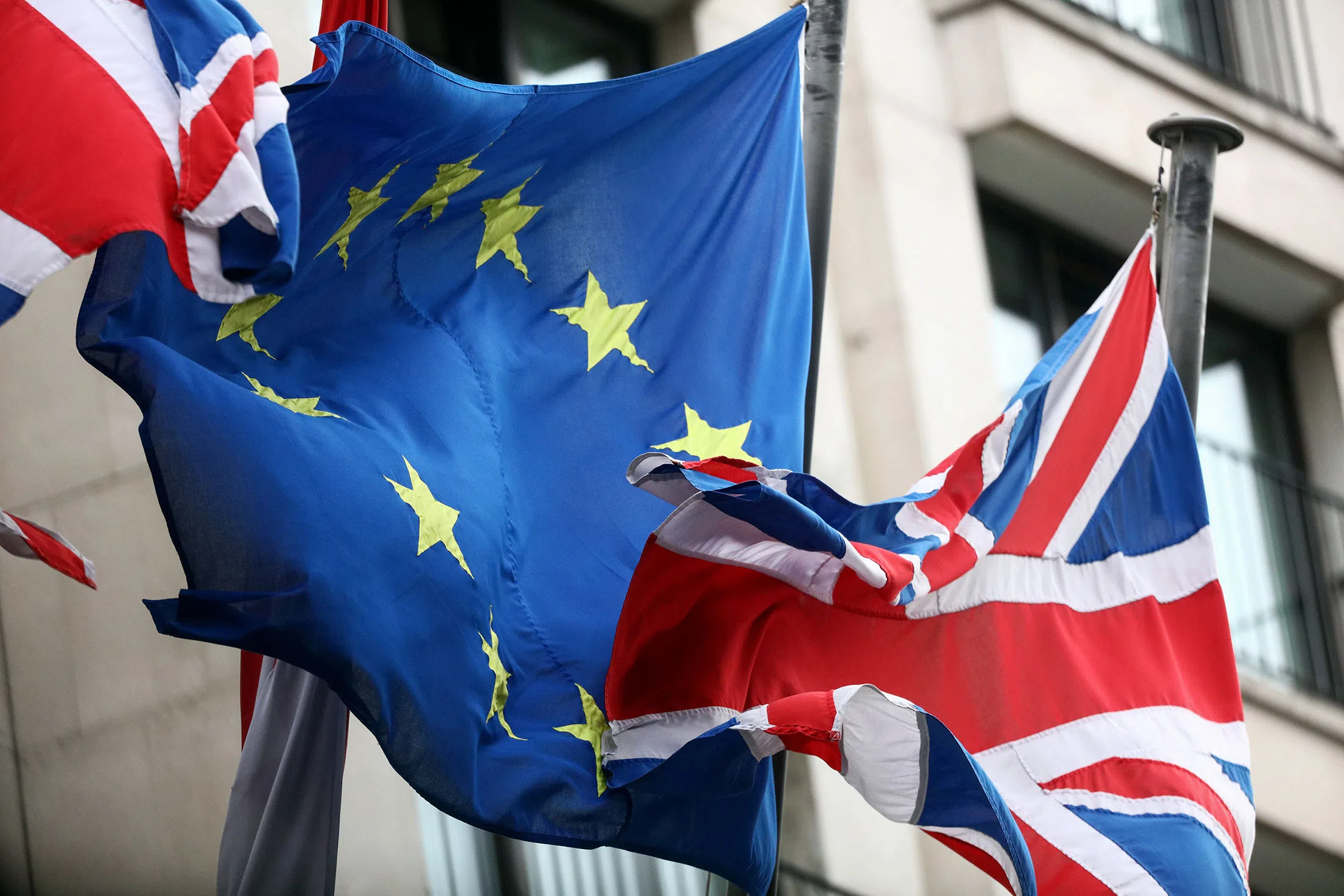LONDON — When the United Kingdom and the European Union met for their first official summit since Brexit, experts described it not as a romantic reunion but more like co-parents reluctantly coordinating for the sake of shared responsibilities. Nearly a decade has passed since the Brexit referendum, and five years since the separation formally took effect. For some in Britain, leaving the EU meant reclaiming sovereignty and shedding the grip of Brussels. For others, it was a costly misstep that weakened the economy and strained relations with its largest trade partner.
But with Russia’s war in Ukraine ongoing and the United States questioning traditional alliances under Donald Trump’s influence, both sides now acknowledge the need to cooperate more closely. British Prime Minister Keir Starmer hosted senior EU figures in London, including European Commission President Ursula von der Leyen, for a summit many saw as an effort to stabilize and refresh ties. Here’s what was agreed — and what wasn’t.
Are the U.K. and EU moving closer again?
Public opinion in the U.K. has shifted. A majority of Britons now say leaving the EU was a mistake. Phrases like “Bregret” and “Regrexit” are common. The country’s economy has taken a hit.
Brexit unfolded over years of bitter debate — the 2016 vote, followed by prolonged talks, and finally, the 2020 departure. Now, a new sentiment has emerged: “Bresignation” — a reluctant acceptance that Brexit is final, with little appetite to reopen the question.
Starmer, who opposed Brexit, frames his approach as a “reset” of U.K.-EU relations.
“It’s like a breakup where you still share responsibilities,” explains Jill Rutter, a former senior U.K. civil servant involved in Brexit planning. “Not just dividing possessions — more like agreeing on child custody for a few years and needing to revisit the deal.” Britain and the EU already maintain tariff-free trade, per the 2020 deal. At the summit, they focused on smaller adjustments: extending EU access to British fishing waters until 2038, expanding work opportunities for young people on both sides, and easing travel by allowing U.K. citizens to use fast-track passport gates in Europe.
Topics left untouched
The U.K. remains outside the EU’s single market.
London continues to pursue independent trade deals. It recently secured relief from U.S. tariffs on metals and cars and finalized a comprehensive agreement with India. Free movement, a key point of contention in Brexit, remains off the table. Before Brexit, EU citizens could freely live and work in the U.K. Many who supported leaving the EU cited the desire to manage immigration and decide who can settle in Britain.
Immigration remains a heated issue. The right-wing Reform U.K. party, led by Trump ally Nigel Farage, made strong gains in recent local elections. Starmer, leading the center-left Labour Party with a strong parliamentary majority, has echoed some of Farage’s rhetoric on immigration to counter the political pressure.
Some critics on the right accuse Starmer of undermining the 2016 vote by engaging with Brussels. Headlines branded him a “sellout” and accused him of “betrayal.” Farage called the summit an “utter capitulation.”
“Reform U.K. is polling well,” says Anand Menon, a European politics expert at King’s College London. “And both Reform and the Conservatives reject any new deals with the EU. The government fears a backlash if they appear too cozy with Europe.”
What remains on the table?
With the single market and migration ruled out, smaller matters remain — improving agricultural trade and simplifying professional licensing for workers like accountants and lawyers.
Fishing rights were a priority. A temporary arrangement allowing mutual access to waters was about to expire. Under a new deal, EU vessels can operate in British waters until 2038.
Leaders also touched on climate cooperation, carbon trading — and even cultural ties. Elton John has pushed for fewer bureaucratic hurdles for British artists touring Europe.
Analysts say the significance of the summit lies more in its symbolism than its substance.
Bigger forces: Ukraine and Trump
Defense and security were central topics. Both the U.K. and EU are major supporters of Ukraine following Russia’s full-scale invasion. Discussions have included potentially deploying peacekeepers as part of a future deal.
Amid Trump’s threats to reduce U.S. security commitments to Europe, both London and Brussels are boosting defense spending. On Monday, they agreed to allow the U.K. to access an EU military financing initiative worth $170 billion.
“There are two shifts in play,” says Rutter. “First, the U.S. looks less committed to European defense, which pushes Europe to step up. Second, Trump has created a volatile trade environment. Some in the U.K. are now asking: Isn’t it safer to be part of at least one major trade bloc?”
Brexit left deep scars. Years of wrangling and resentment followed the decision.
But now, with new global threats, “both sides understand the need to present a united front,” says Menon.
“In a more dangerous world,” he adds, “despite our past disputes, we’ve got bigger problems we need to tackle together.”







